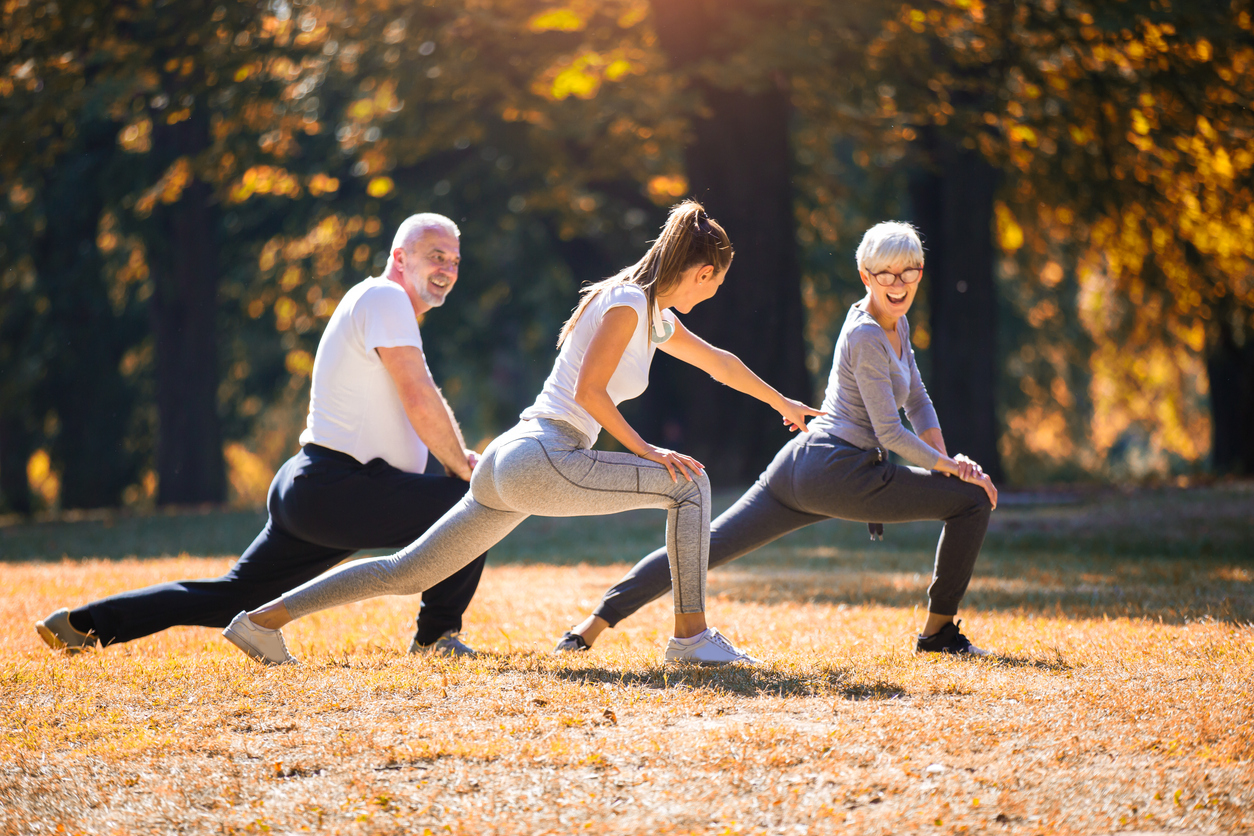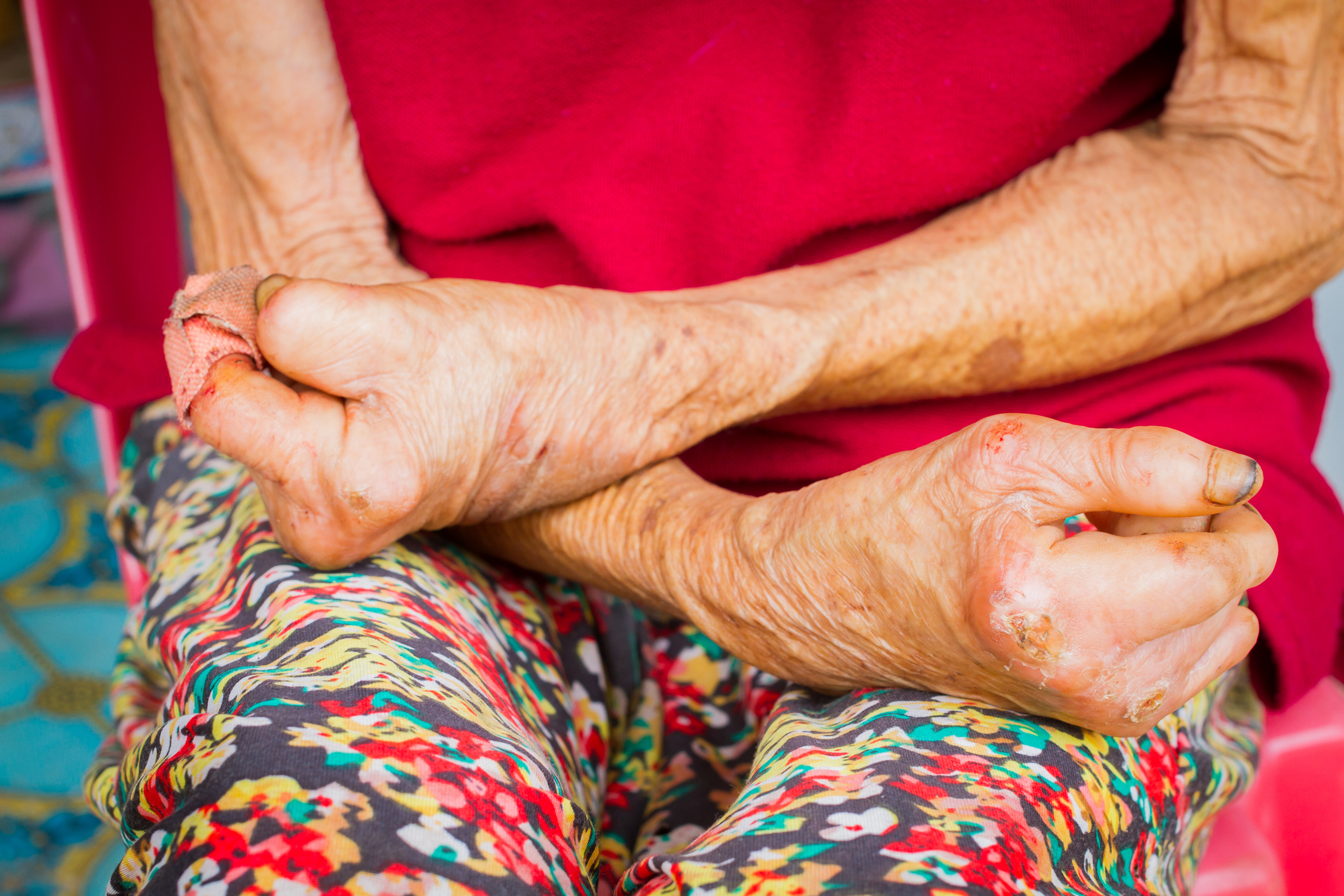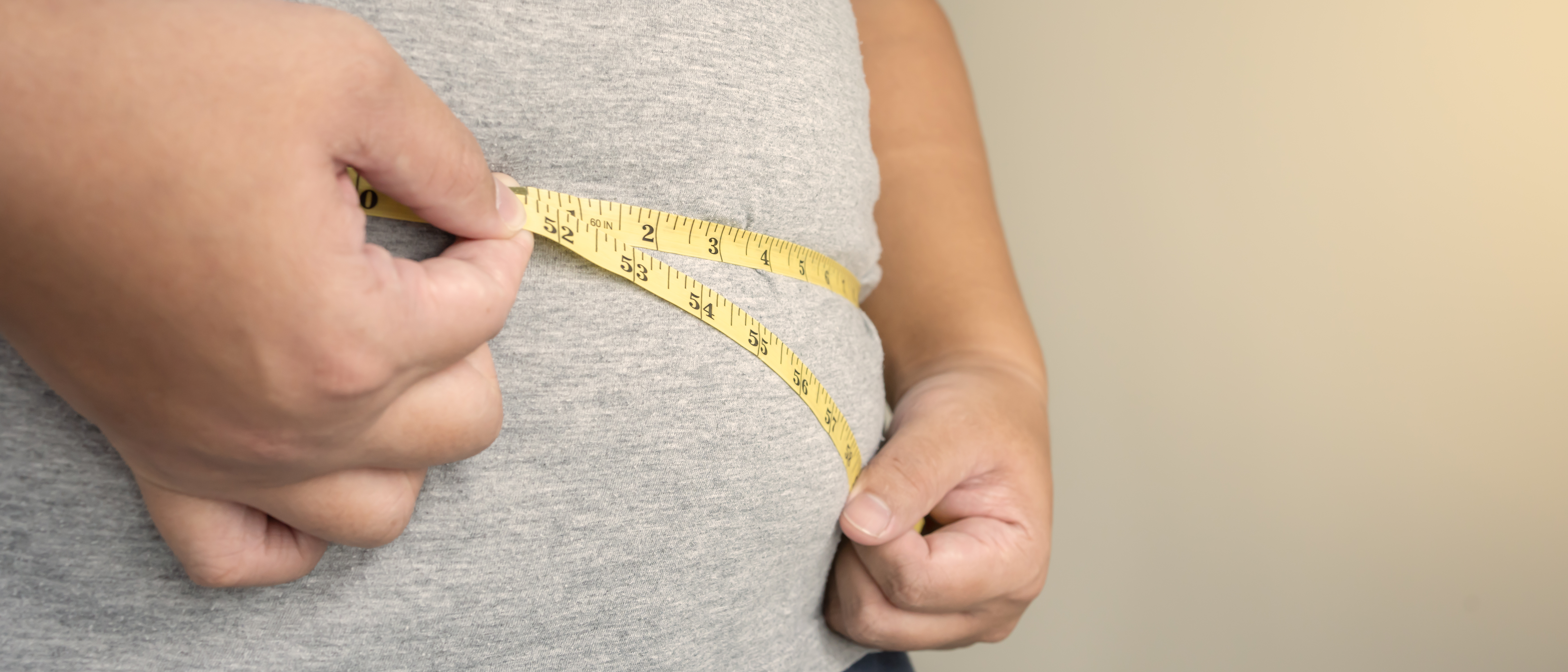2025-09-23
Physical exercise and immunity: allies or adversaries?
Public Health and Social Medicine
#PublicHealth #Immunity #PhysicalActivity #ImmuneSystem
The immune system is the body’s first line of defense against pathogens, whether bacteria, viruses, or tumor cells. Its proper functioning depends on many factors, including age, stress, nutrition, sleep… and physical activity, whose effects on immunity are generating growing interest.
While it is well known that moderate exercise stimulates natural defenses, the effects of intense and prolonged efforts remain controversial. Some studies suggest a temporary period of immunosuppression, while others dispute this effect. Moreover, immune responses may vary according to age, sex, health status, or athletic background.
A major challenge is therefore to determine at what point exercise becomes harmful, while better understanding the hormonal and immune reactions triggered by effort. In this context, this study was launched to compare the effects of different types of exercise on the immune system, with the ultimate goal of formulating relevant recommendations to strengthen the body’s defenses through physical activity.
Move, yes… but at what cost for immunity?
Ten studies on the effect of exercise on human immunity were selected. These studies compared different types of exercise based on intensity, duration, and frequency, and their impact on immune biomarkers such as cytokines, lymphocytes, immunoglobulins, or NK cells.
The results show that moderate and regular exercise exerts an immunostimulatory effect. It increases NK cell activity, improves antigen presentation, stimulates antibody production, reduces chronic inflammation, and slows immune aging. It is also associated with a reduced risk of cancer, diabetes, and respiratory infections.
Conversely, prolonged acute intense exercise may induce a temporary decline in immunity, marked by a drop in lymphocytes, a rise in pro-inflammatory cytokines, and greater susceptibility to infections. This immunosuppression is reversible after recovery. Moreover, some studies suggest that recovery, nutrition, and prior training level play a crucial role. In contrast, chaining together intense sessions without sufficient rest is detrimental. Oxidative stress, cortisol, and overexertion of immune cells are among the mechanisms involved.
Towards an individualized prescription of effort
Depending on intensity and frequency, physical activity can strengthen or weaken the immune system. A major challenge is therefore to find the right balance between beneficial effort and excess that undermines defenses. Other issues include understanding the hormonal and cellular mechanisms involved and tailoring recommendations to different profiles (athletes, sedentary individuals, the elderly, etc.).
The aim of this study was to compare the effects of different types of exercise on human immunity. The results show that moderate and regular exercise effectively stimulates the immune system, reduces inflammation, and lowers the risk of infection, while intense and prolonged exercise, without sufficient recovery, can cause temporary immunosuppression. These findings highlight the importance of well-balanced physical activity programs, adapted to individual profiles, in order to optimize immune health.
The study also highlights several methodological limitations that justify further research. Future studies will need to propose personalized recommendations, taking into account immune profile, activity level, and key factors such as sleep, nutrition, and stress, to design training programs that do not weaken natural defenses.
Read next: Sport & immunity: does the right dosage make the difference?
About the author – Ana Espino
Source(s) :
Oniz, M. (2025). Effect of Exercise on Immune System. Journal of Exercise Science & Physical Activity Reviews, 3(1), 1-12 ;

Last press reviews
Leprosy: a disease still beyond control

By Ana Espino | Published on January 22, 2026 | 3 min read...
Parental alcohol intoxication: the hidden impact on children’s mental health

By Carolina Lima | Published on January 19, 2026 | 3 min read
Obesity: when the kidneys become overwhelmed

By Ana Espino | Published on January 20, 2026 | 3 min read...